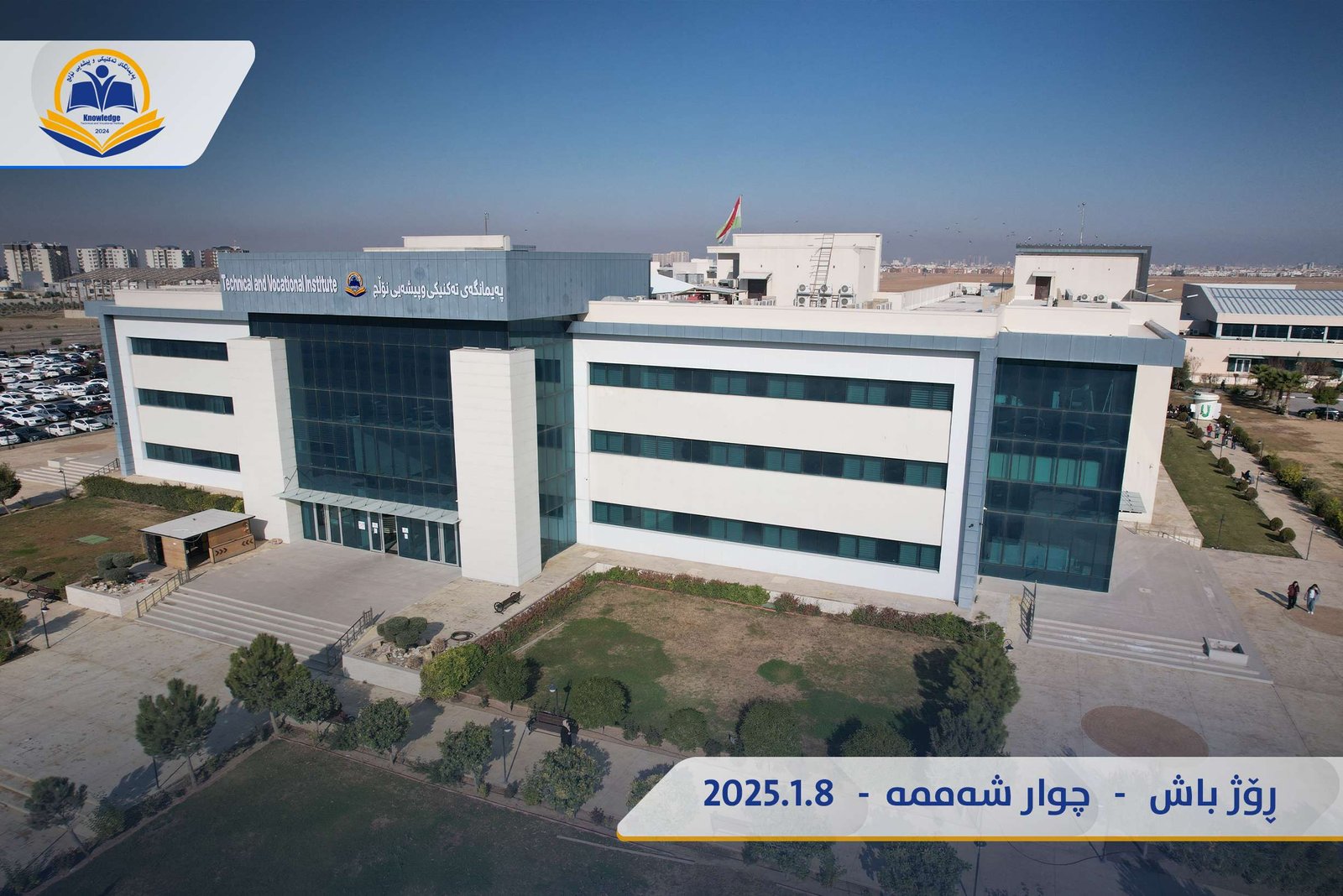1. Provide Comprehensive Education: Develop a curriculum that covers fundamental and advanced topics in medical laboratory science, ensuring students are well-versed in the latest diagnostic techniques and technologies.
2. Promote Research and Innovation: Encourage students and faculty to engage in cutting-edge research, contributing to advancements in diagnostic methods and healthcare improvements.
3. Enhance Practical Skills: Ensure students gain hands-on experience in laboratory settings, allowing them to apply theoretical knowledge in real-world scenarios.
4. Foster Ethical and Professional Standards: Instill a strong sense of professional ethics, responsibility, and commitment to patient care and safety.
5. Collaborate with Healthcare Institutions: Build partnerships with hospitals, research centers, and healthcare providers to facilitate internships, research opportunities, and employment for graduates.
6. Support Lifelong Learning: Encourage continuous professional development through workshops, seminars, and advanced certifications to keep up with the evolving field of laboratory science.

